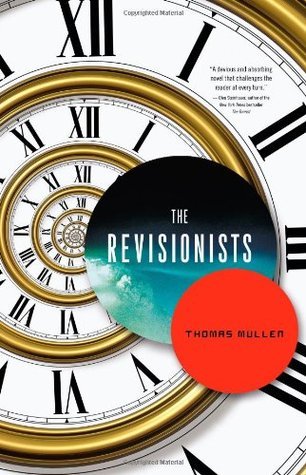What do you think?
Rate this book


448 pages, Hardcover
First published September 28, 2011
"He's the one who tells us how it is, right? And we fall for it, we read along with his story and let him construct the reality around us. We want to be entertained, soothed. Until one day, we hit that certain chapter, right, and suddenly we see the light and realize, Holy shit, we've been lied to the whole time. Reality ain't like that at all. His story was bullshit. But by then, it's too late. We've all been suckered, and we just have to follow along with his little plot."